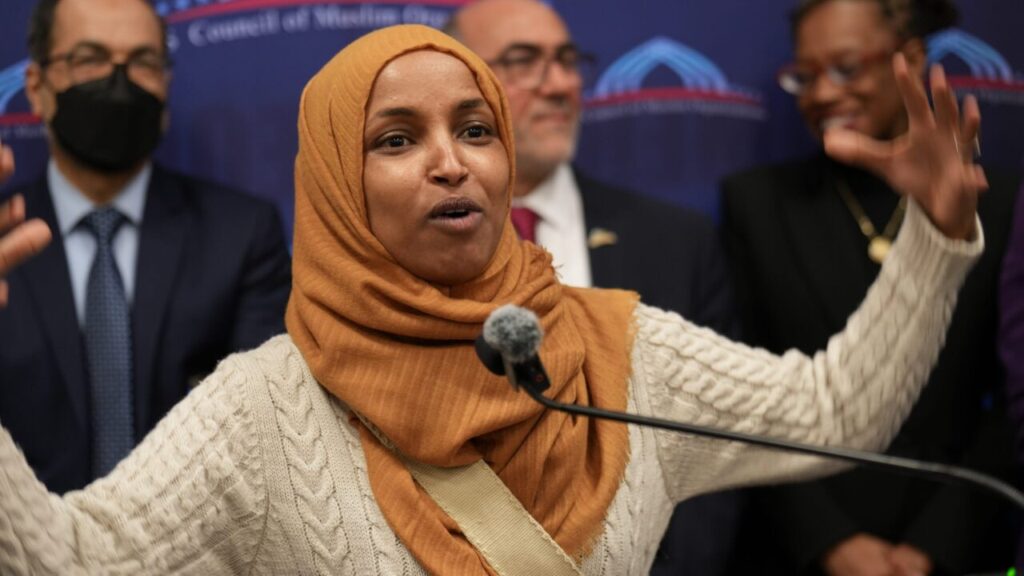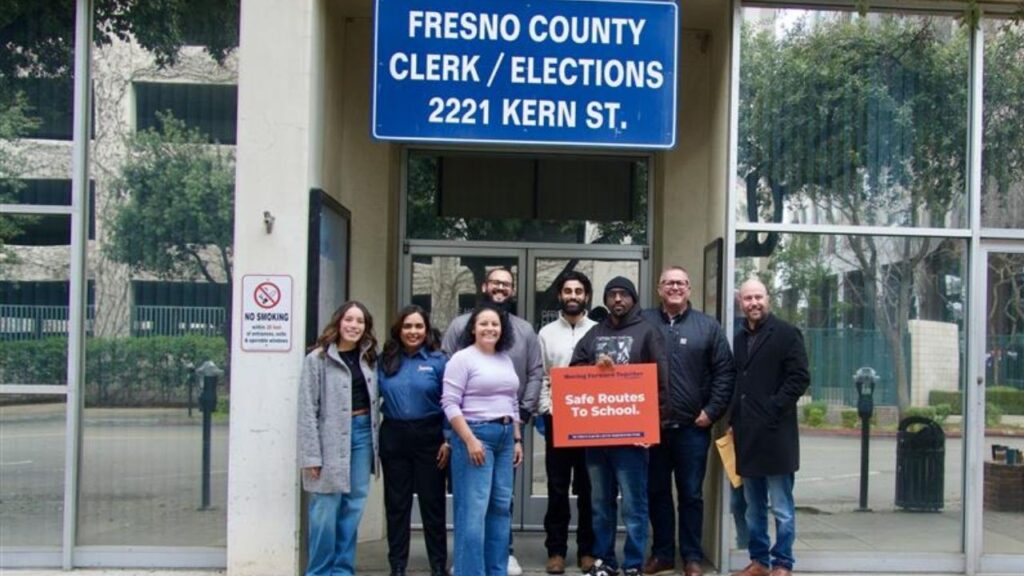Share
WASHINGTON — Republicans aimed to retain Senate control in Tuesday’s voting and renew their role as guardians of President Donald Trump’s conservative agenda, banking on a lopsided electoral map that imperiled far more Democratic seats to offset Trump’s deeply divisive effect on voters.
Democrats’ longshot prospects for capturing a Senate majority were pinned on hopes of their supporters surging to the polls. Party stalwarts and some independents have been roused by revulsion toward Trump’s anti-immigration rhetoric and policies and his efforts to dismantle health care protections enacted under President Barack Obama, and by the #MeToo movement’s fury over sexual harassment.
“Ever since President Trump has been in office, it has just been not the country that I am used to or that I thought I would be in,” said Sarah Roth, 22, a Democratic voter from Minnetonka, Minnesota. “And so this really was my opportunity to help this country in changing who is making the decisions.”
The Democrats also had history on their side: 2002 was the only midterm election in the past three decades when the party holding the White House gained Senate seats.
Yet while Republicans command the Senate only narrowly, 51-49, Democrats faced daunting political math: They and their two independent allies were defending 26 of the 35 seats in play.
Dozen Races Seen As Coin Flip
Around a dozen races from New Jersey to Nevada were seen as coin flips or at least competitive, prompting each side to spend hundreds of millions of dollars. It was widely expected that if the GOP padded its current two-seat majority, it would do so only modestly.
With Democrats considered a good bet to grab House control from Republicans, keeping the Senate was seen as crucial for the GOP’s goals of tax and spending cuts, trade, immigration restrictions, curbs on Obama’s health care law and judicial nominations. With so much at stake, Trump campaigned in over a dozen states with Senate elections since Labor Day, visiting some multiple times.
Health care was considered the key issue in Tuesday’s election by 26 percent of voters, with immigration mentioned by 23 percent, according to AP VoteCast, a national survey of the electorate conducted by The Associated Press.
Dems Unlikely to Win Senate Control
Democrats needed to gain two Senate seats to win a majority, assuming all their incumbents were re-elected, an unlikely outcome. But going into Election Day, their target list was limited: They had a plausible chance of winning GOP-held seats only in Arizona, Nevada, Tennessee and Texas.
The 26 seats Democrats were protecting included 10 in states that Trump won in the 2016 presidential race, five of those by an enormous 19 percentage points or more.
In those 10 Trump-won states, Democratic Sen. Heidi Heitkamp of North Dakota seemed at greatest peril of losing. Other Democrats fighting for political survival included Missouri’s Claire McCaskill, Indiana’s Joe Donnelly and Bill Nelson of Florida. Nelson, 76, faced outgoing GOP Gov. Rick Scott, who poured over $50 million of his own fortune into his campaign, the most in the U.S.
In a sign that Trump dominance two years ago isn’t necessarily fatal for Democrats, their incumbents were expected to win re-election in six other states that he carried. Montana Sen. Jon Tester faced the toughest battle of that group, while moderate Joe Manchin, a former governor and brand name in West Virginia, was increasingly seen as safe in a state Trump took by 42 percentage points.
Impact of Anti-Immigrant Appeals
Trump’s racially tinged anti-immigrant appeals could hurt Republican candidates in swing states like Arizona and Nevada where college-educated voters could be decisive, but his rhetoric could help in deeply conservative areas.
“I believe he values immigration, but he wants to make sure we’re safe,” said Tina Newby of Wetland, Michigan, a GOP voter. “I like the fact that he is not a politician, and I forgive some of the socially incorrect or politically incorrect things that he says.”
Amid the recent rash of letter bombs and the Pittsburgh synagogue massacre, Trump issued alarming and often unfounded warnings about caravans of migrants crossing Mexico toward the U.S., blaming Democrats, without evidence, for the threat he claimed they pose.
Republicans said the caravans provided a visual image that helped motivate voters, as did the Senate’s stormy confirmation fight over Supreme Court Justice Brett Kavanaugh.
O’Rourke, Cruz Battle in Texas
In battlegrounds where Democrats were thought to have chances to gain seats, first-term Democratic Rep. Jacky Rosen was in a close contest with Nevada Sen. Dean Heller, the only Republican seeking re-election in a state Democrat Hillary Clinton won in the 2016 presidential race. Democratic Rep. Beto O’Rourke, a darling of progressives from coast to coast, raised record contributions but faced long odds of ousting tea party Sen. Ted Cruz in Texas.
Democrats also had opportunities because of the retirements of GOP Sens. Jeff Flake of Arizona and Tennessee’s Bob Corker, both leaving Congress after accusing Trump of dishonesty and questioning his competence.
Republicans had another pickup opportunity in New Jersey, where Democratic Sen. Bob Menendez, who saw federal prosecutors drop bribery charges against him in January after a mistrial, faced wealthy pharmaceutical executive Bob Hugin.
There was a strong chance Mississippi’s special election to complete the unexpired term of retired GOP Sen. Thad Cochran would go to a late November runoff. Republicans who dominate the state would probably prevail, but waiting for the outcome could extend the uncertainty about the Senate’s party breakdown — and perhaps which side has control.
AP VoteCast is a nationwide survey of more than 120,000 voters and nonvoters conducted for the AP by NORC at the University of Chicago.
Categories

Philippine Mayor Survives Rocket Attack, TMZ Reports

Fresno Drivers Face Highway 180 on-Ramp Closure Wednesday

















